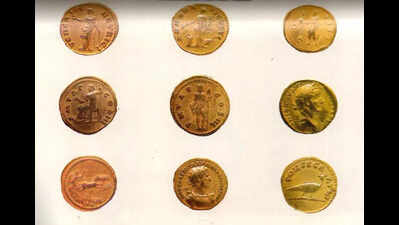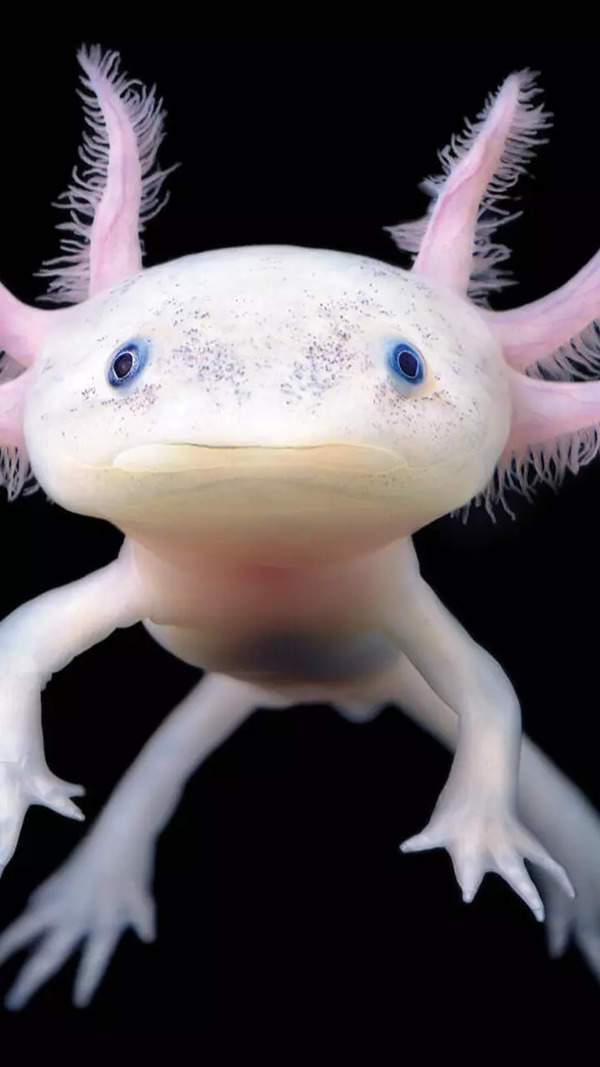- News
- City News
- coimbatore News
- TN govt to excavate Vellalore and seven more sites in 2025-26
Trending
TN govt to excavate Vellalore and seven more sites in 2025-26
Coimbatore: For the first time since India's independence, the Tamil Nadu State Department of Archaeology is set to excavate Vellalore in Coimbatore, a site that could reveal crucial insights into ancient trade links between Tamil Nadu and the Roman Empire.
According to the announcement made by finance minister Thangam Thennarasu, the state archaeology department will excavate eight sites during 2025-26. Vellalore is one among the eight sites.
The other sites to be excavated include Keeladi in Sivaganga district, Pattanamarudur in Tuticorin district, Karivalamvanthanallur in Tenkasi district, Nagapattinam, Manikkollai in Cuddalore district, Adichanur in Kallakurichi district, and Telunganur in Salem.
The department is also set to conduct excavations and underwater explorations at Nagapattinam to find the medieval port of the Cholas and evidence for maritime trade and sea expeditions.
The route was later renamed ‘Rajakesari Peruvazhi' by Athitha Cholan, who incorporated his title ‘Rajakesari' into its name.
Traces of Roman trade with Tamil Nadu have long been evident in Vellalore. Roman coins were previously discovered along the banks of the Noyyal River, and experts believe further excavations could shed new light on the region's historical significance.
R Poongundran, former assistant director of the Tamil Nadu State Department of Archaeology, explained that Roman traders entered through the Kochi and Calicut ports.
"Vellalore was the first village after the Palakkad Gap, making it a crucial stop for traders traveling towards Chola Nadu (east-central Tamil Nadu) and Pandya Nadu (Madurai and Alagankulam)," he said.
He further noted that around 1,500 Roman coins and about 10 Roman ornaments were discovered in Vellalore during the British era.
"However, no excavations have taken place since independence. There is a 50:50 chance of uncovering more evidence during the upcoming excavation," he added.
S Ravikumar, Director of the Virarajendran Archaeological and Historical Research Centre, emphasized the significance of the Palakkad Gap in shaping the Kongu region's trade network.
"This natural pass facilitated multiple trade routes across Tamil Nadu. Among them, the Rajakesari Peruvazhi was the most significant, linking Poompuhar via Madukkarai, Vellalore, Sulur, Kangeyam, Karur, and Uraiyur," he said.
He also pointed out that findings in 1842, 1871, and 1932 unearthed Roman coins dating from the 1st century BCE to the 3rd century CE, including those of Emperor Augustus. "Additionally, a gold band and a gold ring were discovered, which may have been gifted or paid as ‘Sungam' to the Velir rulers of Vellalore," he added.
Highlighting the broader implications of the excavation, he said, "Recent findings at Indus Valley sites confirm trade links between the Indus civilization and Western countries. If more Roman coins and ornaments emerge from this excavation, it will further highlight the Tamil community's trade activities and allow comparisons with materials from the Indus civilization."
A ‘Noyyal Museum' to showcase the Kodumanal excavations will be established in Erode district at a cost of Rs 22 crore. A ‘Naavai Museum' to showcase the maritime trade excellence of the Pandyas during the Sangam period will be established in Ramanathapuram district at Rs 21 crore.
An Indus Valley cultural gallery will be established at Egmore Museum in Chennai to commemorate the centenary of the Indus Valley civilisation discovery. Tamil cultural museums will be established in Mamallapuram and Thiruvannamalai. A museum complex will be constructed at Rs 40 crore to showcase about two thousand bronze and ‘Aimpon' statues that are available in Egmore Museum.
An ‘Agaram Museum of Languages' will be established on the Tamil Sangam campus in Madurai, recognising that India is a confluence of diverse languages, said Thangam Thennarasu.
End of Article
FOLLOW US ON SOCIAL MEDIA










